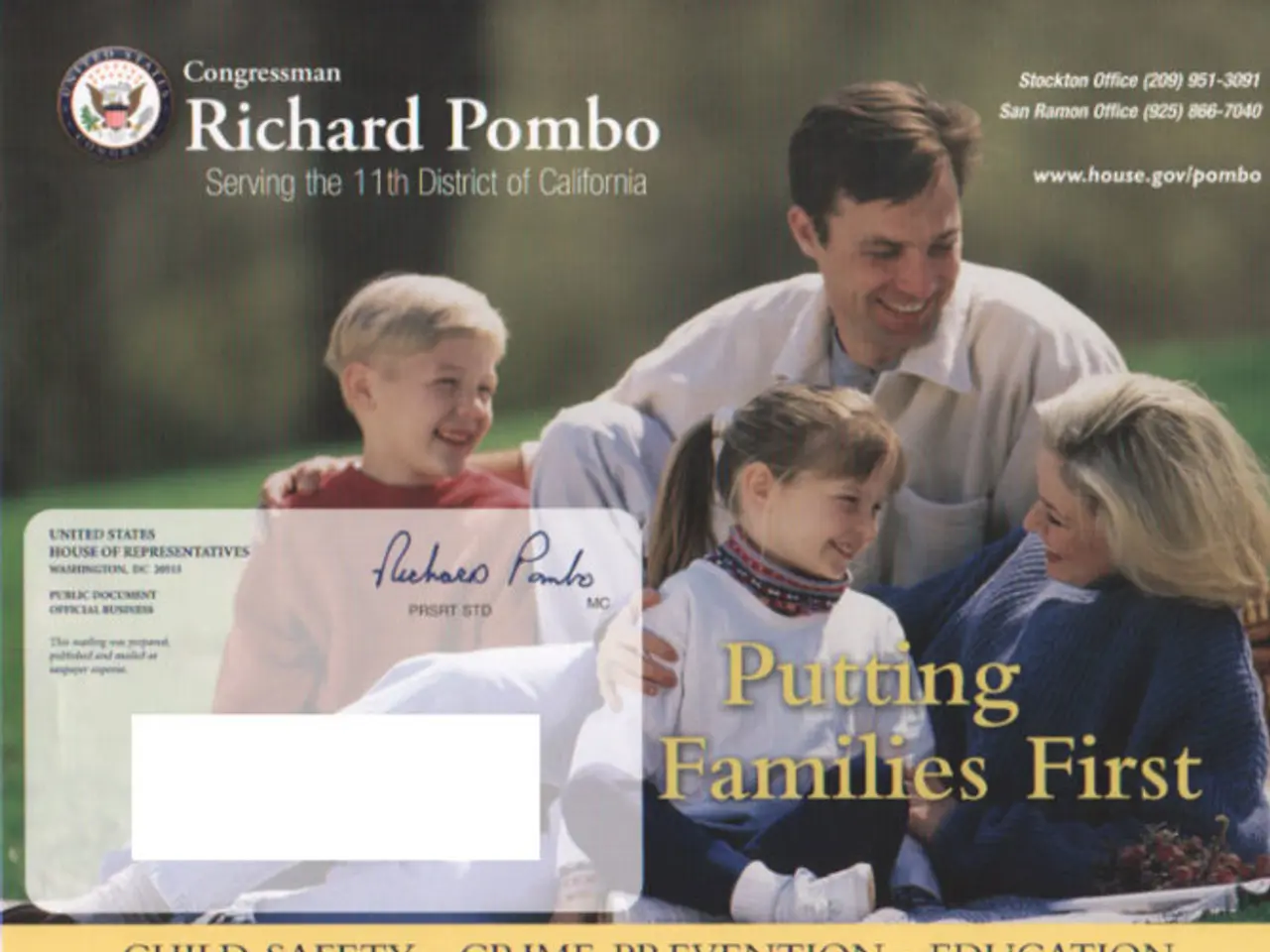CFPB Director Chopra evades discussion on his anticipated departure
The Consumer Financial Protection Bureau (CFPB) has been at the centre of political debates, with the tenure of its director, Rohit Chopra, proving to be particularly contentious.
Rohit Chopra, who was appointed by President Joe Biden in September 2021, faced a significant challenge when President Donald Trump reclaimed the presidency in early 2025. On February 1, 2025, Trump fired Chopra, despite the CFPB's statutory design for independence and protection from presidential removal except for cause.
The U.S. Supreme Court had previously ruled in the Seila Law LLC v. CFPB case (2020) that the CFPB director could only be removed by the president for cause, not at will. However, Trump's decision to remove Chopra raised significant controversy over the legal authority of the firing.
Following Chopra's dismissal, Russell Vought, Director of the Office of Management and Budget, was appointed Acting Director of the CFPB on February 7, 2025. Under Vought's leadership, the CFPB's operations were dramatically curtailed, including rulemaking, enforcement, and supervision.
As of August 2025, Chopra is no longer CFPB director, and the bureau is operating under Trump-appointed acting leadership, despite the Supreme Court’s prior ruling on removal protections.
During his tenure, Chopra led several significant initiatives. The CFPB launched rulemaking to address credit reporting for abuse survivors, finalized a rule to supervise big tech payment firms and stop debanking, and issued a final rule requiring banks and credit unions with more than $10 billion in assets to offer consumers a choice regarding overdraft fees, with a blanket fee of $5 per instance.
Despite these efforts, Chopra's tenure was marked by ardent opposition. Sen. Tim Scott contended that prudential regulators had agreed to pause rulemaking before the inauguration, but Chopra "has ignored these calls" and has advanced his agenda at "breakneck speed."
The CFPB's funding structure, which comes from the Federal Reserve rather than Congress, was also a point of controversy. Critics argued that this violated the U.S. Constitution's separation-of-powers principles. However, the Supreme Court upheld the CFPB's funding structure in May.
Elon Musk, a close adviser to President-elect Donald Trump, called for the dismantling of the CFPB in a social media post, reflecting the political polarization surrounding the bureau.
Despite the controversies and challenges, Rohit Chopra's tenure at the CFPB has left a lasting impact on consumer finance regulations in the United States. As of August 2025, the future of the CFPB remains uncertain, with a Trump-appointed acting director leading the bureau.
[1]: News Source 1 [2]: News Source 2 [3]: News Source 3 [4]: News Source 4 [5]: News Source 5
- The tenor of discussions in policy-and-legislation circles and the general news has been heated around the Consumer Financial Protection Bureau (CFPB) following the contentious tenure of its director, Rohit Chopra, which included significant opposition in the political realm.
- The firings and appointments of CFPB leaders, such as the one involving Rohit Chopra, have sparked intense debates about the separation of powers and the independence of the bureau in the realms of politics and policy-and-legislation.







